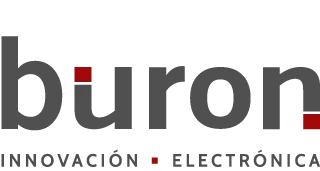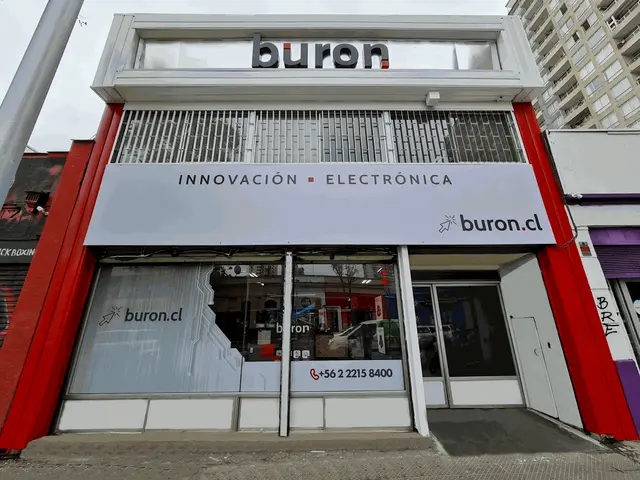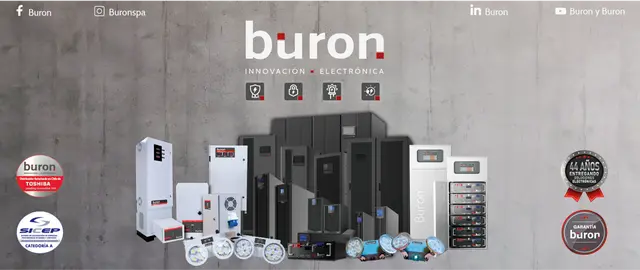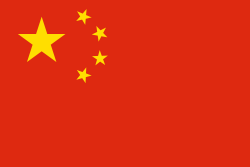Location/Region: Santiago, CHL
Industry: Electric Equipment Manufacturing
Apps implemented: Sales, Purchase, Inventory, Manufacturing, Quality, Maintenance, Project, CRM, and Documents, and are beginning to implement Email Marketing, Marketing Automation, Live Chat and eLearning.
Software
Replaced: Excel
Size of the company: 20
Hosting type: Odoo Online

In a market where operational continuity is vital, Buron found in Odoo the technological partner it needed to scale its efficiency. By implementing multiple applications, from Sales and Inventory to Quality, Project, and Documents, the company has managed to streamline processes, reduce losses, and pave the way for regional expansion.
Buron is a Chilean company with 44 years of experience, based in Santiago and with a team of about 20 people. It specializes in manufacturing voltage stabilizers and emergency lighting, as well as marketing UPS systems and developing products related to operational continuity.
Its main differentiator is that it continues to be a manufacturer: this allows the company to adapt to the specific needs of each client and to the instability of the Chilean energy system. Thanks to that flexibility, Buron can offer faster response times compared to those who depend on imports.
The company was founded in 1981 by the father of Daniel Burón (an electronic engineer) and his grandfather, a self-taught inventor. Together, they began designing electrical and electronic solutions that over the years evolved into today’s portfolio. Throughout its history, Buron has manufactured everything from windmills to incubators and welding machines, always linked to electricity.
"Buron started with my father and grandfather. The two of them began this journey of developing products, always related to electricity and operational continuity."

Before Odoo: Manual Processes and Dependence on Individual Knowledge

For decades, Buron worked with poorly standardized processes. Information was in the heads of certain people, which led to high manufacturing costs and made it difficult to advance toward certifications such as ISO.
Before Odoo, the company mainly used Excel to manage its operations. At the same time, accounting and billing were handled in another ERP, which created data silos. Daniel Burón also evaluated other local ERPs, but most were too focused on sales figures and not on manufacturing, which was Buron’s priority.
"Before Odoo, we worked with Excel. It was too much data to handle that way. With other ERPs, we felt they were more about billing, but Odoo offered manufacturing and inventory modules that were a much better fit for what we needed."

Odoo: The Boost That Transformed Operations

Daniel Burón first came across Odoo in its free version, which allowed him to test its features before making a decision. What attracted him most were the manufacturing and inventory apps, as they addressed the need to organize and give traceability to operations.
After four years of implementation with the San Francisco team and subsequent training with experts in Mexico, Buron fine-tuned its system until it reached a functional and robust model.
Today, they actively use the apps for Sales, Purchase, Inventory, Manufacturing, Quality, Maintenance, Project, CRM, and Documents, and are beginning to implement Email Marketing, Marketing Automation, Live Chat and eLearning.
Order and traceability in sales: With Odoo, the sales teams manage quotations, convert them into orders, and generate exportable reports. This makes it possible to analyze conversion rates and process efficiency.
Inventory and manufacturing control: The company maintains a constant stock of key products and manufactures on demand based on sales orders. Each product has its bill of materials and associated processes, streamlining production.
Loss reduction: Before Odoo, inventories showed discrepancies of between $10,000 and $15,000. Now, with quarterly inventories, the latest close showed only a $3,000 discrepancy, a significant reduction.
Resource optimization: Odoo has made it possible to eliminate at least one or two administrative positions, freeing the team from repetitive tasks that were previously done manually in Excel.
Unified communication and documentation: Odoo’s internal chat has replaced email in daily coordination. In addition, the Documents module centralizes updated technical sheets, preventing sales teams from sending outdated versions to customers.

"Odoo’s chat is amazing. We do all our internal communication there, with tags and groups. And with Documents, we make sure the latest technical sheet is always available."
What’s Next: Expansion and Further Digitalization

Looking ahead, Buron is preparing to expand into the Chilean mining market, where it currently operates only through contractors, and to launch operations in Peru, a country they see as having similar needs and opportunities.
At the same time, they will continue deepening their use of Odoo: they want to implement detailed tracking of manufacturing times to measure productivity, strengthen the CRM module with the arrival of new salespeople, and launch a new website integrated with marketing automations, which will provide the sales team with better-qualified leads.
Buron’s experience shows that an SME with family roots and a complex operation can transform with Odoo, achieving order, efficiency, and data for growth. Manufacturing, energy, or any industry facing challenges in traceability, internal communication, and inventory control can benefit from a similar implementation.

